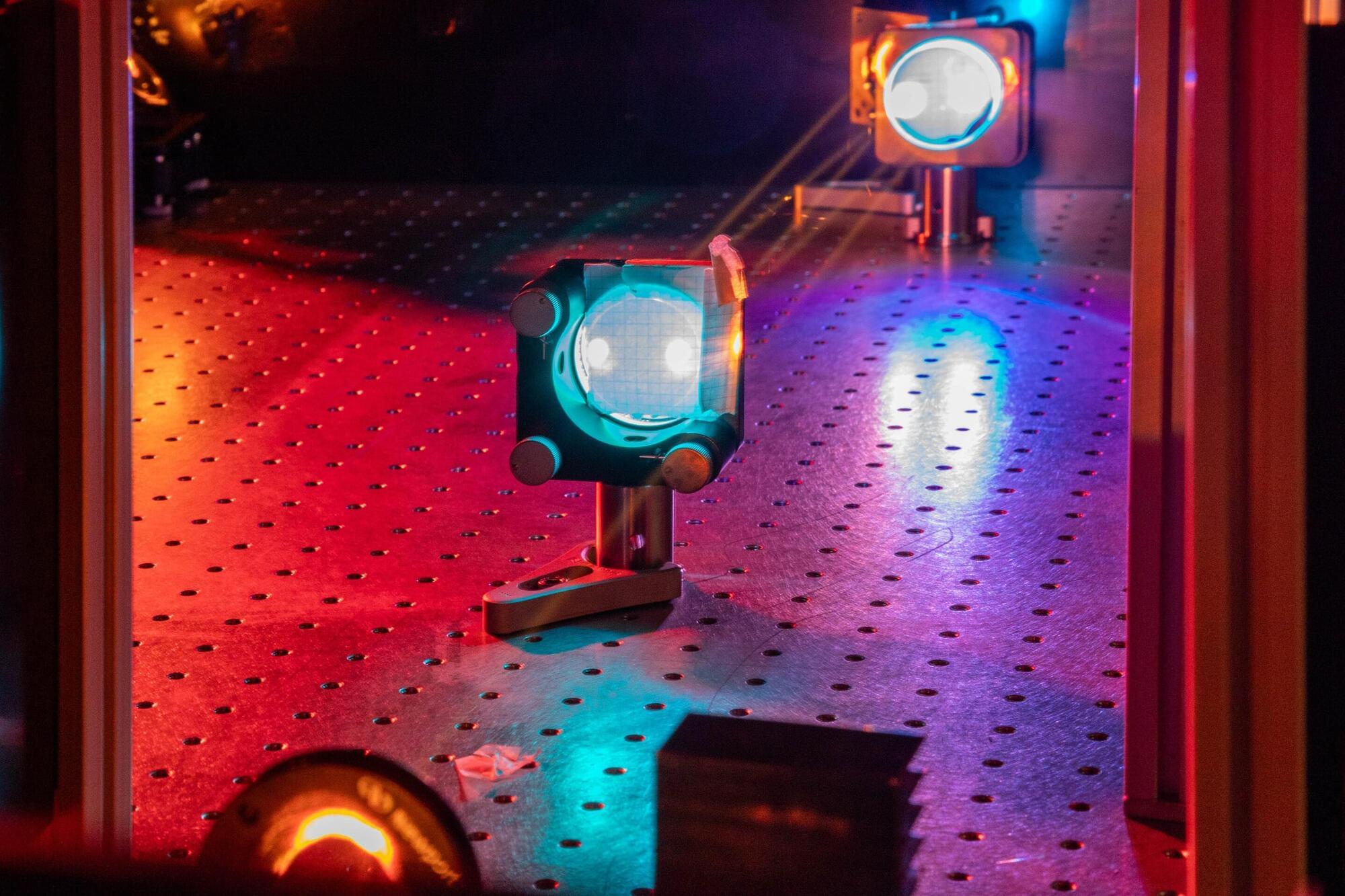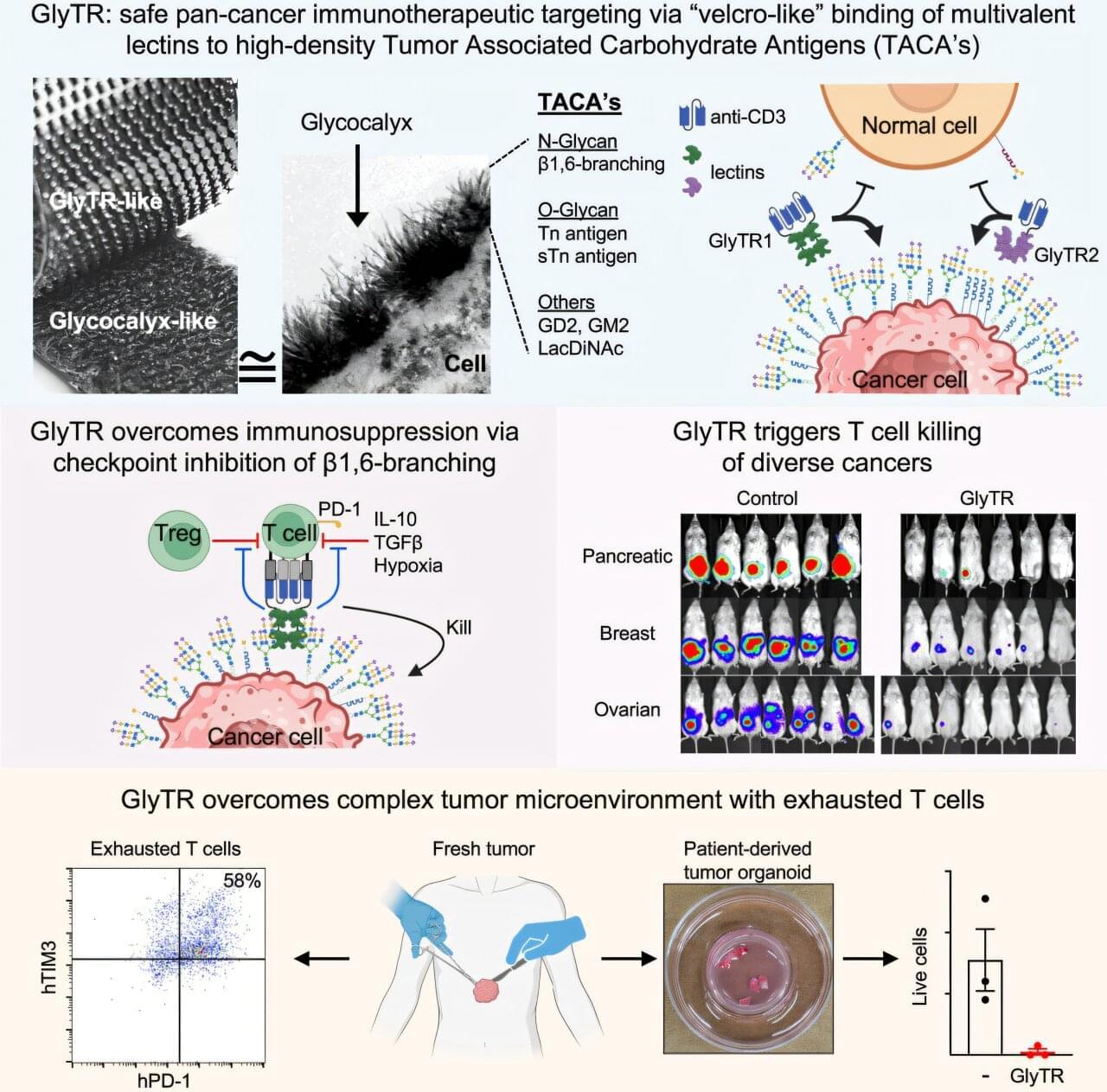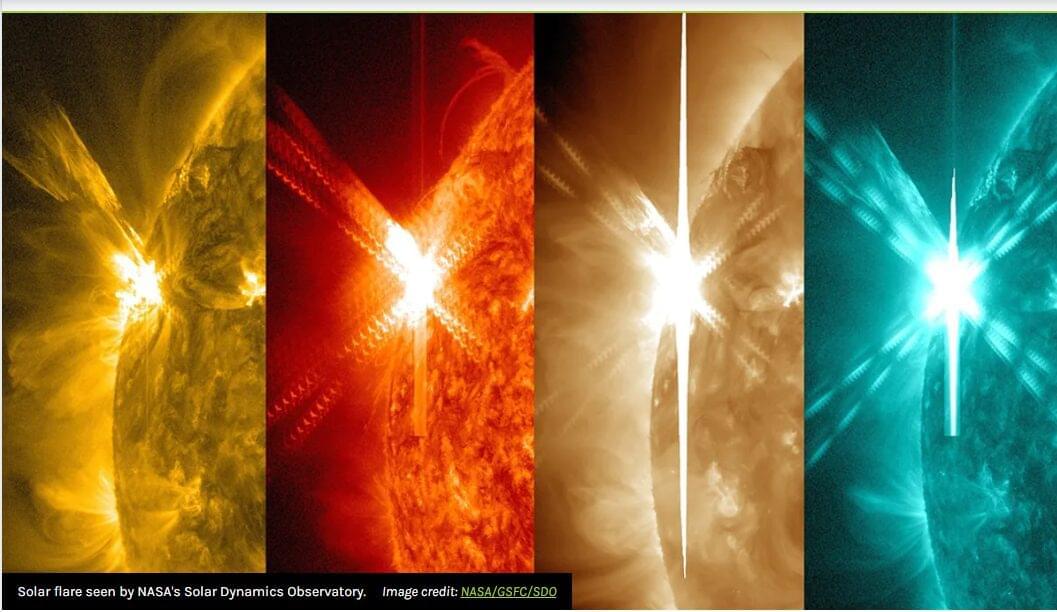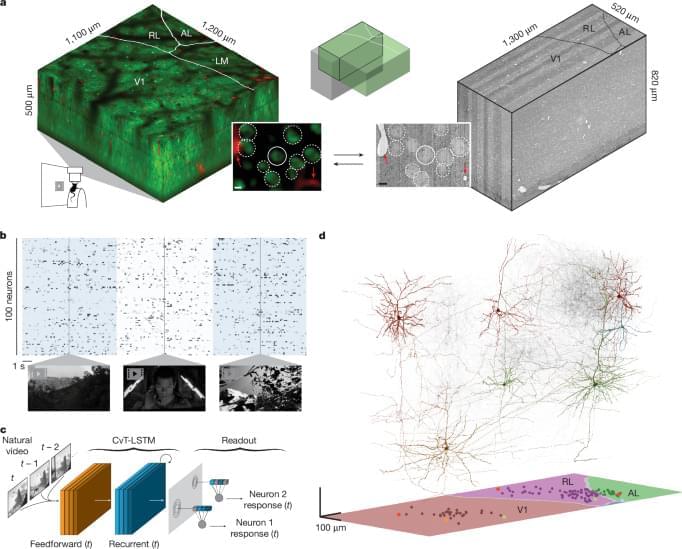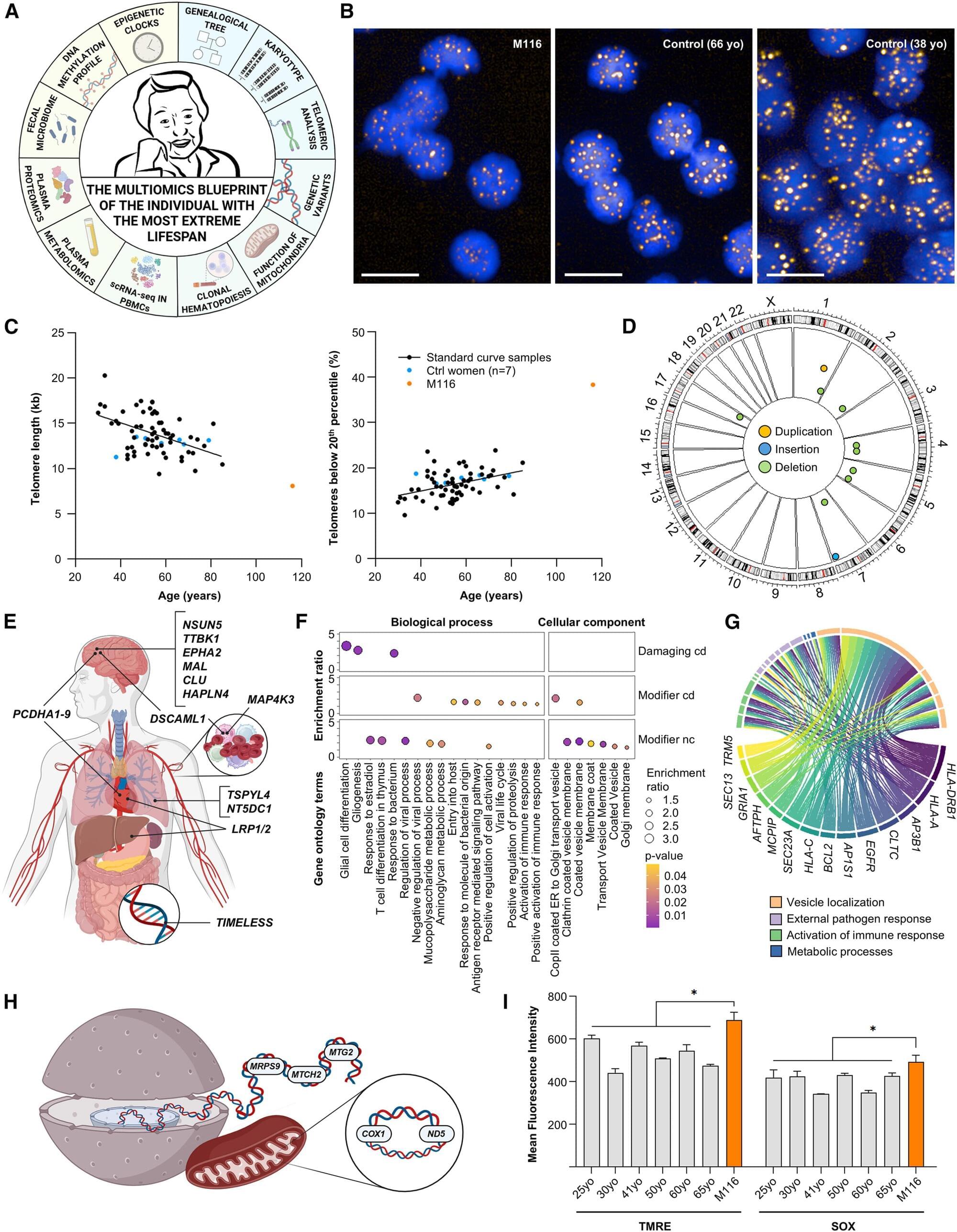Understanding what happens inside a material when it is hit by ultrashort light pulses is one of the great challenges of matter physics and modern photonics. A new study published in Nature Photonics and led by Politecnico di Milano reveals a hitherto neglected but essential aspect, precisely the contribution of virtual charges, charge carriers that exist only during interaction with light, but which profoundly influence the material’s response.
The research, conducted in partnership with the University of Tsukuba, the Max Planck Institute for the Structure and Dynamics of Matter, and the Institute of Photonics and Nanotechnology (CNR-IFN) investigated the behavior of monocrystalline diamonds subjected to light pulses lasting a few attoseconds (billionths of a billionth of a second), using an advanced technique called attosecond-scale transient reflection spectroscopy.
By comparing experimental data with state-of-the-art numerical simulations, researchers were able to isolate the effect of so-called virtual vertical transitions between the electronic bands of the material. Such an outcome changes the perspective on how light interacts with solids, even in extreme conditions hitherto attributed only to the movement of actual charges.
